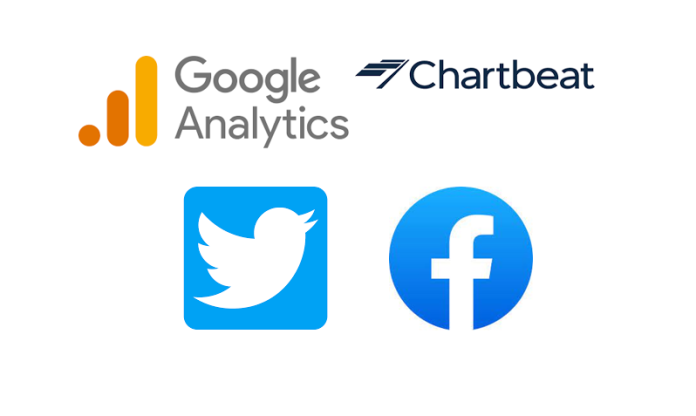By Michael Harley
Sports Capital Journalism Program, IUPUI
The use of analytics by professional and college sports organizations has become a common practice in recent years. In sports journalism, the use of analytics is a concept that many outlets and reporters once never utilized. At the Associated Press Sports Editors summer conference, Dan Spears will lead a discussion that will focus on showing how analytics can be a very useful tool.
The General Session “Know Your Audience” will start at 3:45 p.m. on June 17 in the Hine Hall Auditorium on the IUPUI campus.
Spears is the Southeast Regional Sports Editor for the USA TODAY Network and is based out of Wilmington, N.C.
The session will include Erik Hall, a lead producer for sports with the USA TODAY Network in Nashville, and Chris White, a member of Gannett’s content strategy team based out of Louisville. The plan is to have an interactive forum that will demonstrate the value that analytics can have as the sports journalism industry continues to evolve.
“We want to create a conversation between analysts and editors,” Spears said. “Many publications do not have an analytics department, especially in smaller markets. We want to introduce the concept of analytics to those who may not be as familiar, as well as enhance editor to reporter communication.”
The speakers do not want to focus solely on how analytics can lead to more readers, but emphasize how analytics can lead to the “right” readers. White specializes in understanding and reacting to audience treads. In today’s environment, much more goes into successful journalism then just being a strong writer.
Headline writing is as important as ever, especially with young readers who often need to be drawn in more than a traditional reader. Google and other search engines are also a critical component of generating reader interest and drive traffic to news websites.
How an article is disseminated can be almost as important as its content. Hall is well versed in the nuances of social media and how to effectively reach a target audience. Not only is it important to gain a strong following on social media, but also be selective about what content you put on social media as well as properly timing when you post the content.
Hall has spoken on several diversity forums at APSE Conferences over the years, but this will be his first forum speaking on knowing your audience and using social media to generate interest.
“We want them (readers) to come to us,” Hall said. “Google, Twitter, Facebook are all tools that can be used to generate a wider audience.”
Hall focuses on finding what he calls “top of the funnel” audience. “I am trying to find the broadest audience,” he said. “Drawing in readers that are looking for certain information. I live and work in Nashville right now, but my focus goes well beyond the local market.”
The APSE Summer Conference will be an opportunity for writers and editors that may not be as well-versed in analytics to learn how to utilize the metrics to enhance their following and readership. The strategies that will be discussed will also inform attendees on how to develop stronger communication between writers and editors that will ultimately contribute to more lucrative and efficient newsrooms.





